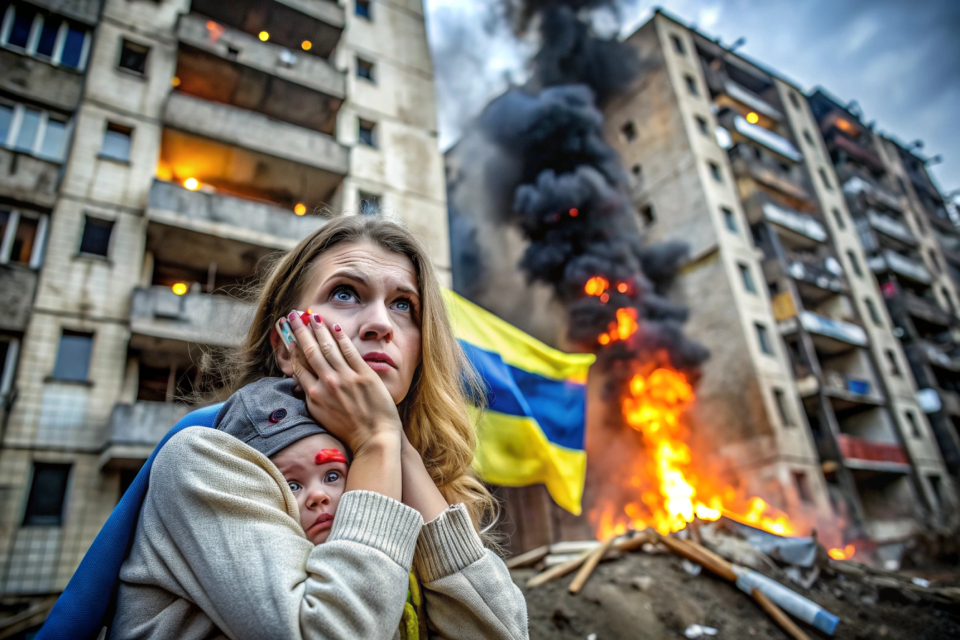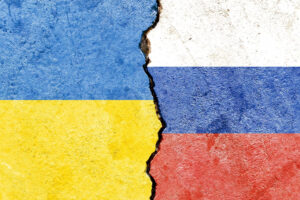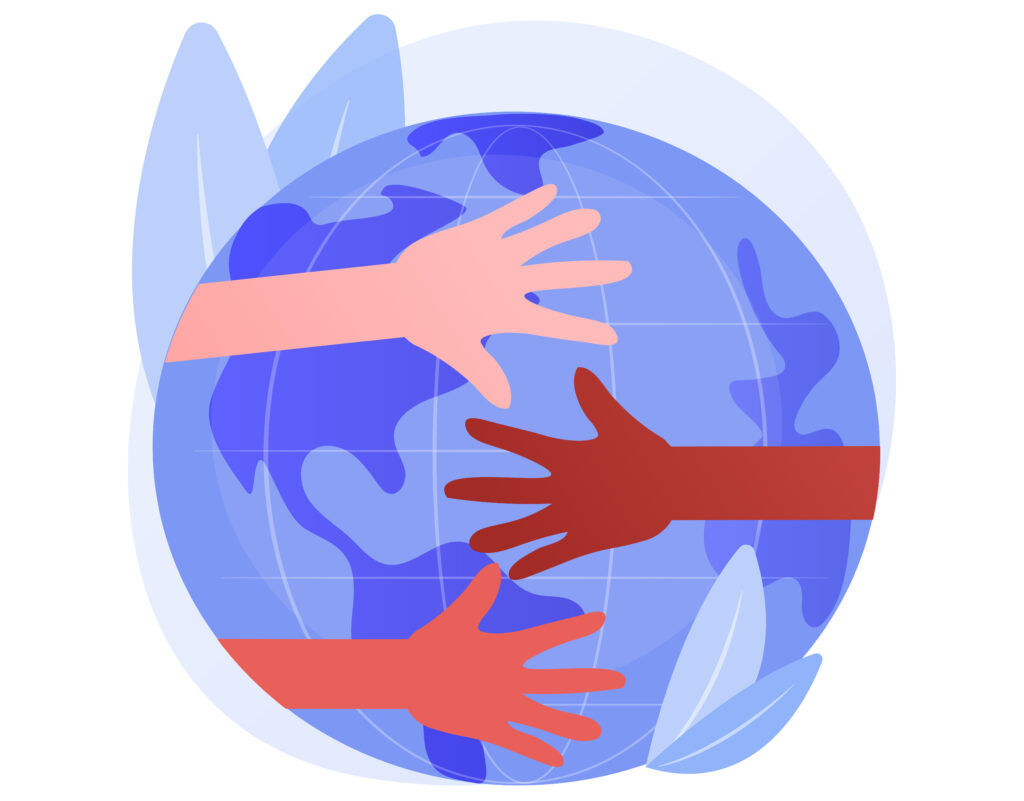Latest Developments in the Russia-Ukraine Conflict: Impact on Global Markets
Overview of the Conflict
Introduction
The Russia-Ukraine conflict has dramatically shaped global politics and economics. Since the initial invasion by Russia in February 2022, the situation has escalated, drawing international attention and intervention. This article delves into the most recent developments in the conflict and examines how these changes are influencing global markets.
Overview of the Conflict
The Russia-Ukraine conflict began with Russia’s full-scale invasion of Ukraine in early 2022. The war has since evolved, with ongoing military engagements and shifting territorial control. Major global players, including the United States, European Union, and NATO, have been involved in diplomatic and economic responses.
Recent Developments
Major Battles and Territorial Changes
In recent months, significant battles have occurred in the eastern and southern regions of Ukraine. Cities like Bakhmut and Mariupol have seen intense fighting. Ukrainian forces have managed to reclaim some territories previously occupied by Russian troops. These shifts in control have led to fluctuating frontlines and altered the strategic landscape.
International Responses
The international community’s response has been multifaceted. Western nations, particularly those in NATO, have increased their military and economic support for Ukraine. This includes advanced weaponry and financial aid. Meanwhile, Russia faces growing economic sanctions from countries around the world.
Economic Sanctions and Trade Disruptions
The imposition of economic sanctions on Russia has significantly impacted its economy. These sanctions target key sectors, including energy exports and financial transactions. As a result, global markets have experienced disruptions, particularly in energy and commodity prices.
Impact on Global Markets
Energy Sector
One of the most noticeable impacts of the conflict is on the energy sector. Russia is a major global supplier of oil and natural gas. The conflict has led to reduced energy exports from Russia, causing energy prices to spike. European countries, in particular, are grappling with higher energy costs and supply shortages.
Commodity Prices
The war has also affected global commodity prices. Ukraine is a major exporter of grains such as wheat and corn. The conflict has disrupted these exports, leading to increased prices for these essential commodities. Countries dependent on these imports are experiencing higher food costs and inflation.
Stock Markets
Global stock markets have shown volatility in response to the conflict. Uncertainty surrounding the war has led to fluctuating investor sentiment. Major stock indices have seen both significant gains and losses as markets react to the latest developments.
Currency Fluctuations
Currency fluctuations have also been a consequence of the conflict. The Russian ruble has experienced significant volatility due to sanctions and economic instability. Conversely, the U.S. dollar and other major currencies have seen varying degrees of strength against the ruble and other currencies.
Humanitarian and Social Impacts
Displacement and Refugee Crisis
The conflict has led to a severe refugee crisis. Millions of Ukrainians have been displaced from their homes, seeking safety in neighboring countries. This mass displacement has created humanitarian challenges and placed a strain on resources in host countries.
Economic Hardship
Both Ukraine and Russia are facing substantial economic hardship. In Ukraine, the war has devastated infrastructure and disrupted daily life. In Russia, the impact of sanctions and a contracting economy has led to rising inflation and reduced living standards.
Diplomatic Efforts and Peace Negotiations
Ongoing Diplomatic Talks
Various diplomatic efforts are ongoing to address the conflict. Peace talks have been mediated by international organizations and individual nations. However, progress has been slow, with significant disagreements remaining between the parties involved.
Role of International Organizations
International organizations, including the United Nations and European Union, are actively involved in mediation and humanitarian assistance. These organizations work to facilitate dialogue and provide support to affected populations.
Future Outlook
Potential Scenarios
The future of the conflict remains uncertain. Several potential scenarios could unfold, including a prolonged stalemate, a negotiated settlement, or further escalation. Each scenario would have distinct implications for global markets and international relations.
Long-Term Economic Impacts
The long-term economic impacts of the conflict are likely to be profound. Prolonged instability in the region could continue to affect global markets, particularly in energy and commodities. Additionally, the economic recovery for both Ukraine and Russia will depend on the resolution of the conflict and the effectiveness of reconstruction efforts.
Conclusion
The Russia-Ukraine conflict continues to have profound implications for global markets and international relations. Recent developments have underscored the ongoing volatility and challenges faced by the international community. As the conflict progresses, its impact on energy prices, commodity markets, and economic stability remains substantial. The road to resolution is complex and uncertain, making sustained diplomatic efforts crucial in striving for a peaceful conclusion.
For the latest updates and comprehensive coverage on this and other significant global issues, visit BlogMasterOne.com. Stay informed with the most recent news and analysis as we continue to provide in-depth coverage of critical events shaping our world.




